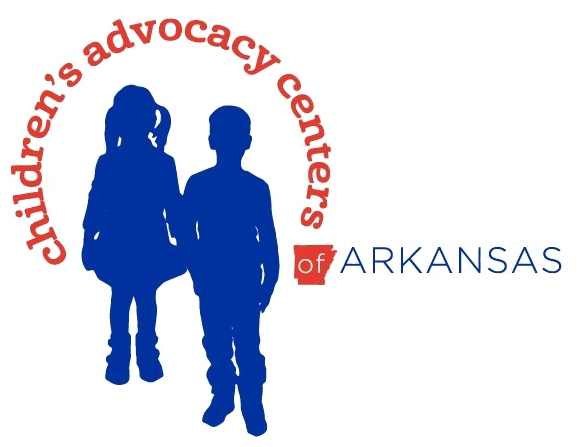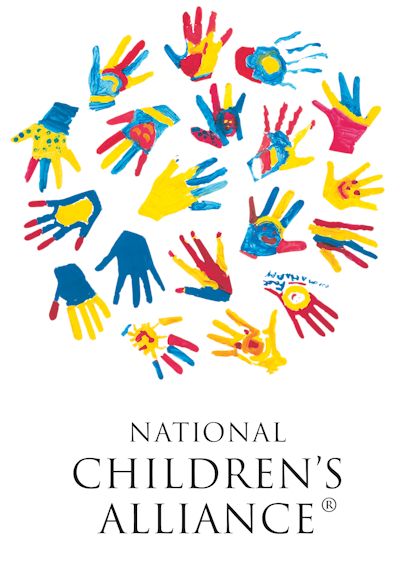How can TF-CBT benefit your family?
Your child and their caregiver(s) will learn new skills to help process thoughts and feelings related to the traumatic life event. They will learn to manage and resolve distressing thoughts, feelings, and behaviors. In turn, they will gain understanding to enhance safety, parenting skills, and family communication.
How do you know if your child needs therapy?
At the conclusion of your child’s Forensic Interview, the Victim Advocate will speak with you about your desire for your child to receive mental health services with our agency. Should you choose to seek therapy services, the Victim Advocate will then make a referral to the staff Trauma Therapist who will then reach out to you via phone to schedule an initial therapy assessment appointment. This assessment can take place in the Lonoke or Brinkley offices.
At this assessment appointment, we will complete the Child and Adolescent Trauma Screening (CATS). This assessment is a screening tool utilized to assess for trauma related symptoms and their severity after traumatic events. The therapist will provide the assessment to the caregiver and child (ages 7-17) to determine if the child may benefit from treatment. (Children ages 3-6 do not receive the assessment, only the caregiver.)
After the CATS assessment, the therapist will determine the scores and provide the caregiver with the results. Should you or your child's scores meet criteria for trauma therapy, the therapist will work with you to set up an appointment to complete intake paperwork and initiate regular therapy visits. Otherwise, should neither you or your child's scores meet criteria for trauma therapy, the therapist will provide you with a list of alternative mental health agencies local to you, should you continue to desire mental health services for your child.
Important: Trauma therapy is voluntary; you are not required to accept it and you will not be punished if you do not. Additionally, therapy at the Center is a free service, at no charge to the family, offered to children who have experienced traumatic events.
Common symptoms to expect from your child, following a traumatic event:
Anxiety
Depression
Difficulty Falling and Staying Asleep
Nightmares
Difficulty Concentrating
Low Self-Esteem and Self-Blame
Physical Reactions: Stomach Aches, Headaches, Sweating When Reminded of Trauma
Self-Harming Behaviors
Emotional Numbness
Anger
Avoidance of People, Places, and Things
Loss of interest in Activities
Difficulty Having Happy Feelings


